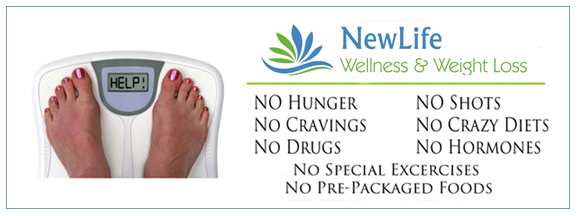
Recent research on rats found that they get the same neurochemical kick from sugar as they do from morphine, cocaine, and nicotine. We think that this surge of pleasure is behind sugar addiction in humans, too. (We also think the companies that are selling you added sugar know it and are trying to keep you addicted. But they won’t miss you if you quit.)
The good part: The principles taught to smokers to help them quit will help you kick your sugar habit.
Here are 6 Ways to Set Yourself Up for Success:
1. Make a Pact with Yourself to Cut Sugar Out of Your Life.

Studies show that making a serious commitment to doing whatever it takes to break an addiction is one of the most important steps toward beating it. Write it down and sign it, then put it on the refrigerator so you will see it every day.
2. Set a Quit Date at Least a Month from Today.

Give yourself time to mentally prepare for the quitting journey and clear your pantry, car, desk, and gym locker of sugar in all its forms, including food and drinks containing honey or rice syrup and high-fructose corn syrup (that includes most ketchups, many sports drinks, and even coffee creamer).
3. Start Walking 30 Minutes a Day.

Like sugar, exercise releases mood-enhancing hormones. Later, when sugar abstinence causes a dip in feel-good hormones, you can add a tension-relieving 5-minute walk to this regimen.
4. Cut Back Gradually.

Begin by reducing the sugar you add to tea and coffee. Then, substitute something healthy, like yogurt (without added sugar) and berries or unsweetened applesauce for two or three of the sweet foods you usually have.
5. Visualize a Slimmer Healthier You.

Go for a walk, sipping on water, or practicing deep breathing when you’re stressed can be a big help. A little role-playing helps you practice alternatives to eating under pressure.
6. The Big 3.

Think of the three biggest reasons why you want to live a sugar-free life, write them on a card, and read them several times a day. Some reasons to consider might be to be to stay sharper at work, lower your blood pressure, prevent diabetes, save money or just have more energy.
With a month of practice behind you, you’ll be ready to weather the cravings that come when you first abstain from sugar. In time, your brain chemistry will readjust, and those cravings will stop. You will beat the addiction the food companies taunt you with. BRAVO!

























